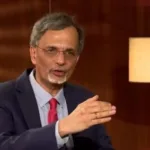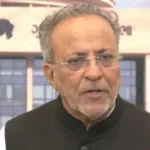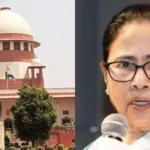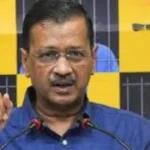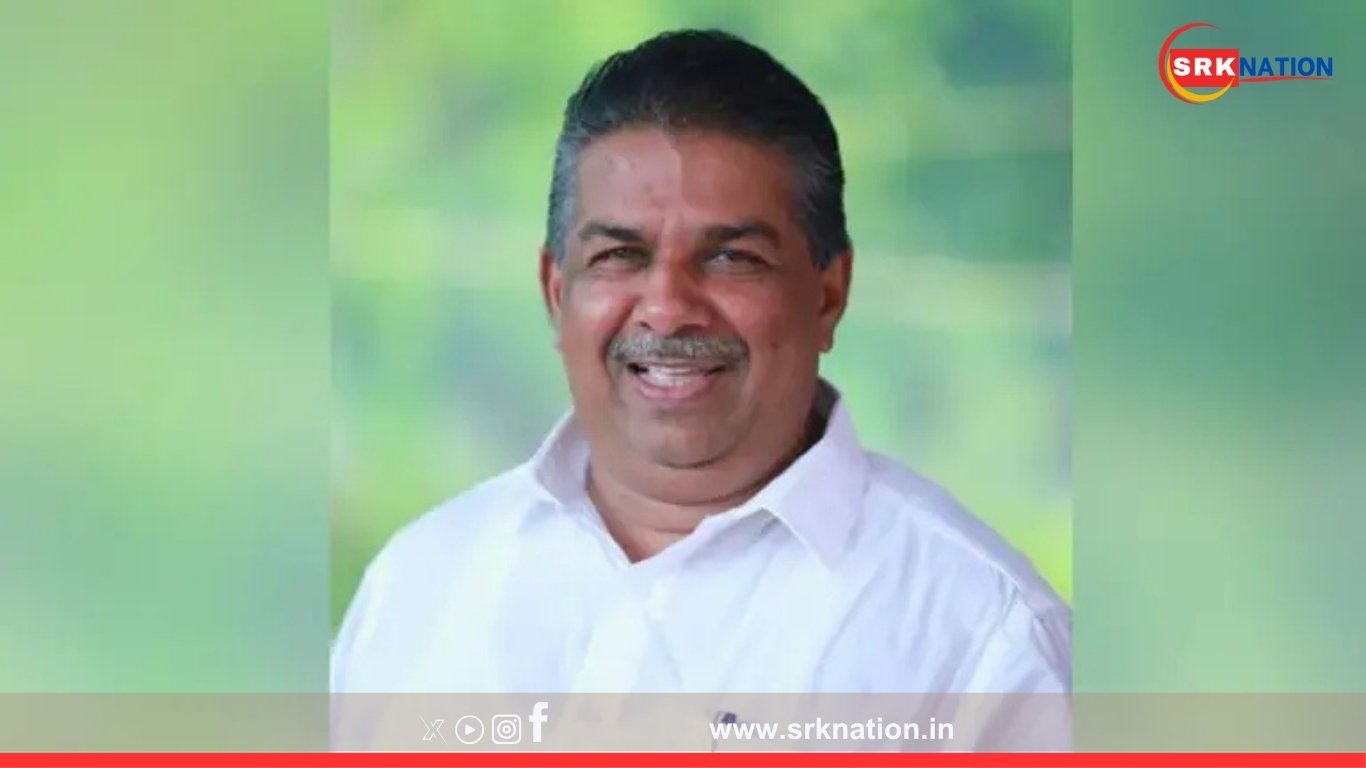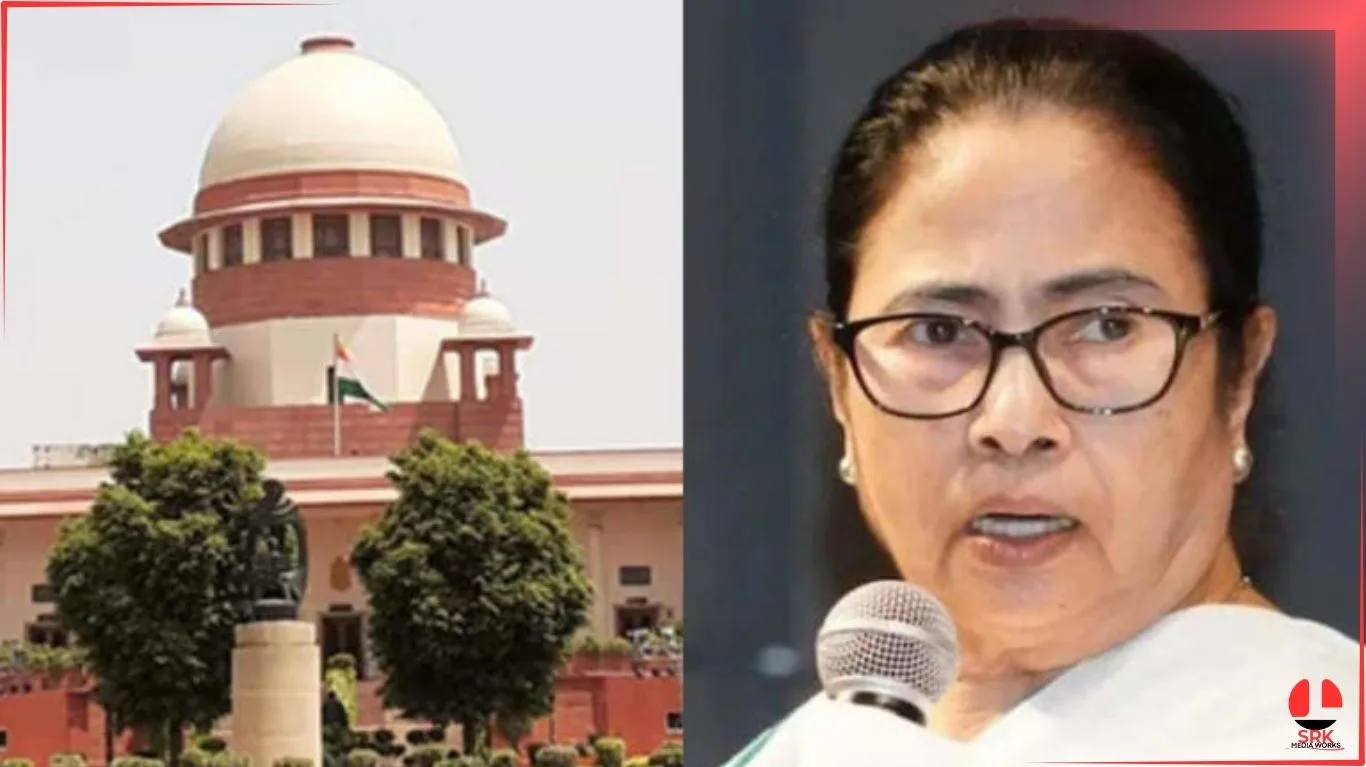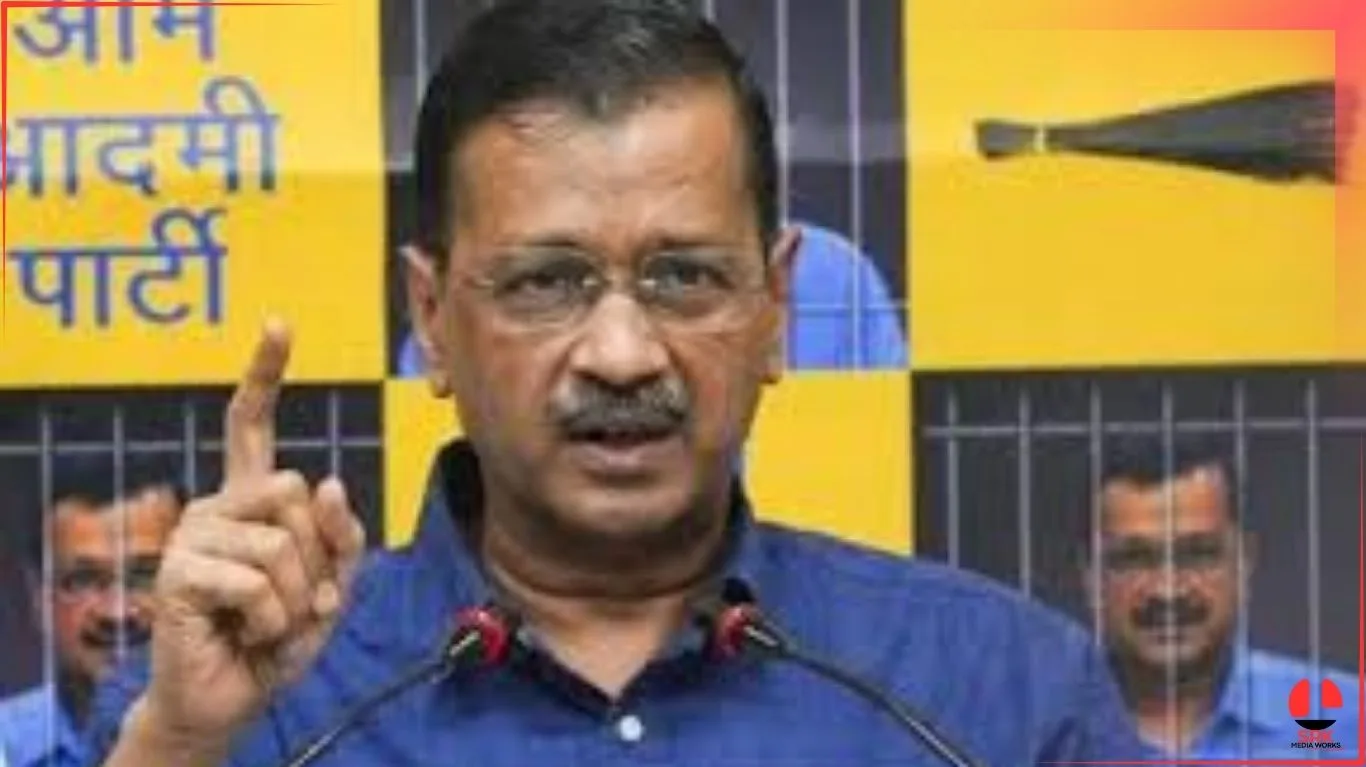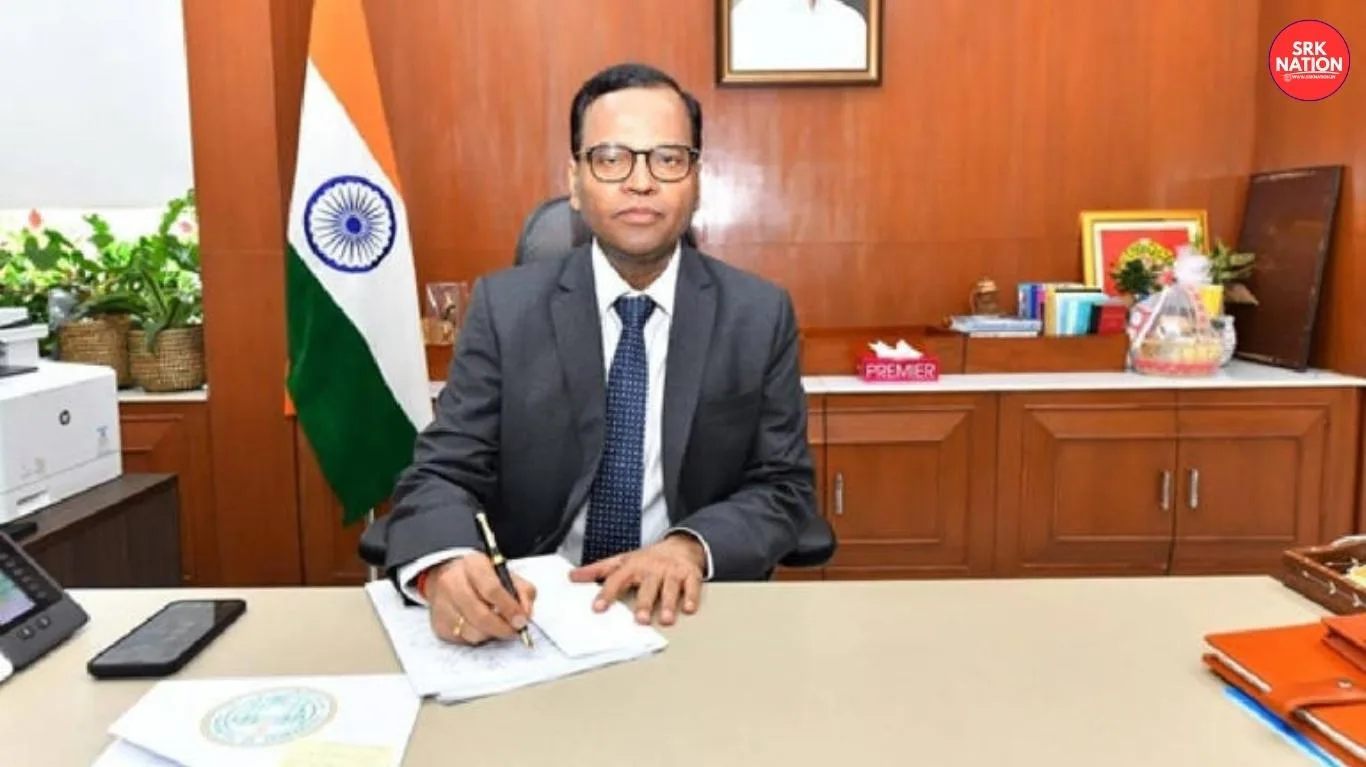A recent remark by Kerala’s Minister for Health and Family Welfare Veena George on preferring private hospital treatment has triggered a major political and public debate, placing the Left Democratic Front (LDF) government under intense scrutiny over the state of its public healthcare system.
What Did The Minister Say?
During an informal media interaction at a function in Kochi, Veena George reportedly said:
“If it is a minor health issue, government hospitals are fine, but for critical care, most people prefer private hospitals.”
Though the minister added that the state’s public health infrastructure is among the best in India, the statement was enough to spark criticism across political, medical, and civil society circles.
Opposition Reaction: ‘Admission Of Failure’
The opposition Congress and BJP termed the statement an admission of failure by the LDF, which has been in power in Kerala for nearly eight years.
| Leader | Statement |
|---|---|
| Leader of Opposition V.D. Satheesan (Congress) | “This is proof that the government does not trust its own hospitals. If the health minister herself prefers private hospitals, what will the common man do?” |
| K. Surendran (BJP State President) | “The CPI(M) claims Kerala’s health model is world-class, yet its own minister says critical care is better in private hospitals. Hypocrisy at its peak.” |
Public Health Experts Weigh In
Healthcare analysts argue that while Kerala has made notable strides in primary health indicators such as infant mortality, maternal health, and Covid management, its secondary and tertiary care infrastructure still depends significantly on the private sector.
Dr. Sheela Raghavan, a public health policy researcher, noted:
“Kerala’s primary health centres and district hospitals are robust for preventive and outpatient care. However, ICUs, emergency care, advanced oncology, and specialty surgeries remain dominated by private hospitals due to better equipment and manpower ratios.”
Key Data: Public Vs Private Healthcare In Kerala
| Category | Government Hospitals | Private Hospitals |
|---|---|---|
| Number of beds | ~45,000 | ~70,000 |
| ICU beds | ~3,000 | ~6,500 |
| Specialty tertiary hospitals | ~15 | ~38 |
| Share of critical care patients | ~35% | ~65% |
(Estimated data compiled from Kerala State Health Indicators, 2024)
The LDF’s Health Push And Its Limitations
The LDF government’s flagship Aardram Mission launched in 2017 aimed to transform government hospitals into ‘people-friendly centres’ with better infrastructure, diagnostics, and patient management systems. Significant upgrades were made in taluk and district hospitals, including:
- Renovation of ~500 Family Health Centres
- Addition of CT scan and dialysis units in all districts
- 24×7 lab services in block hospitals
However, challenges remain:
- Specialist shortage: Approximately 40% shortfall in super-specialists in public hospitals.
- Equipment gaps: Many hospitals lack advanced life support systems or linear accelerators for oncology.
- Infrastructure delays: Upgrades to some medical colleges remain incomplete due to procedural bottlenecks.
Minister’s Clarification
After facing backlash, Veena George issued a clarification stating:
“My intention was not to undermine public hospitals. Kerala’s public health system is a model for the nation. However, critical care requires constant upgradation, and we are working towards making government hospitals equipped for all emergencies.”
She cited the Rs 5,000 crore health budget allocation for FY26, the highest in South India as per state data, to strengthen secondary and tertiary care infrastructure.
Public Sentiment: Mixed Reactions
The remark has stirred mixed feelings among citizens:
- Supporters say the minister spoke the truth that most citizens experience, and it should push systemic reforms.
- Critics feel such a statement demoralises government doctors and nurses working tirelessly under resource constraints.
An autorickshaw driver outside Thiruvananthapuram Medical College commented:
“For fever or minor injuries we go to government hospitals, but for ICU or cancer care we mortgage land to go private. The minister is only saying what we all feel.”
Health Worker Unions React
Kerala Government Medical Officers’ Association (KGMOA) demanded that instead of highlighting private hospital preference, the government must:
- Fill specialist vacancies quickly.
- Ensure uninterrupted medicine supply chains.
- Increase public health insurance coverage for critical ailments.
Political Implications For The LDF
The CPI(M)-led LDF government has historically projected Kerala’s health model as a pillar of its governance legacy. Analysts believe:
- The minister’s statement undercuts LDF’s health narrative ahead of local body elections next year.
- It may provide the opposition with a potent talking point on public sector underperformance.
Recent Investments In Kerala Healthcare
| Project | Investment (₹ Crore) | Status |
|---|---|---|
| Kochi Cancer Research Institute upgrade | 340 | Under construction |
| AIIMS-like institute in Kozhikode | 1,500 | Awaiting Centre approval |
| Modernisation of Thiruvananthapuram Medical College | 800 | 60% completed |
| Digital health records roll-out | 250 | Pilot completed in 5 districts |
Expert Suggestions For The Road Ahead
Public health policy experts recommend:
- Public-private partnerships (PPP) for specialty care until public infrastructure matches demand.
- Targeted incentives to attract super-specialists into government hospitals.
- Outcome-based monitoring to ensure massive investments translate to measurable critical care capacity.
Conclusion
The controversy surrounding Kerala Health Minister Veena George’s private hospital remark has revealed an uncomfortable truth: while Kerala leads India in public health metrics, it still struggles to reduce dependence on private hospitals for critical care. Whether the LDF converts this moment into accelerated systemic reform or brushes it off as a communication gaffe will shape public perception ahead of the next electoral test.
Disclaimer: This news article is based on public statements, government health data, and expert interviews as of July 2025. It is intended solely for informational purposes and does not constitute medical or legal advice. Readers are advised to refer to official government notifications and healthcare policies for specific decisions.

